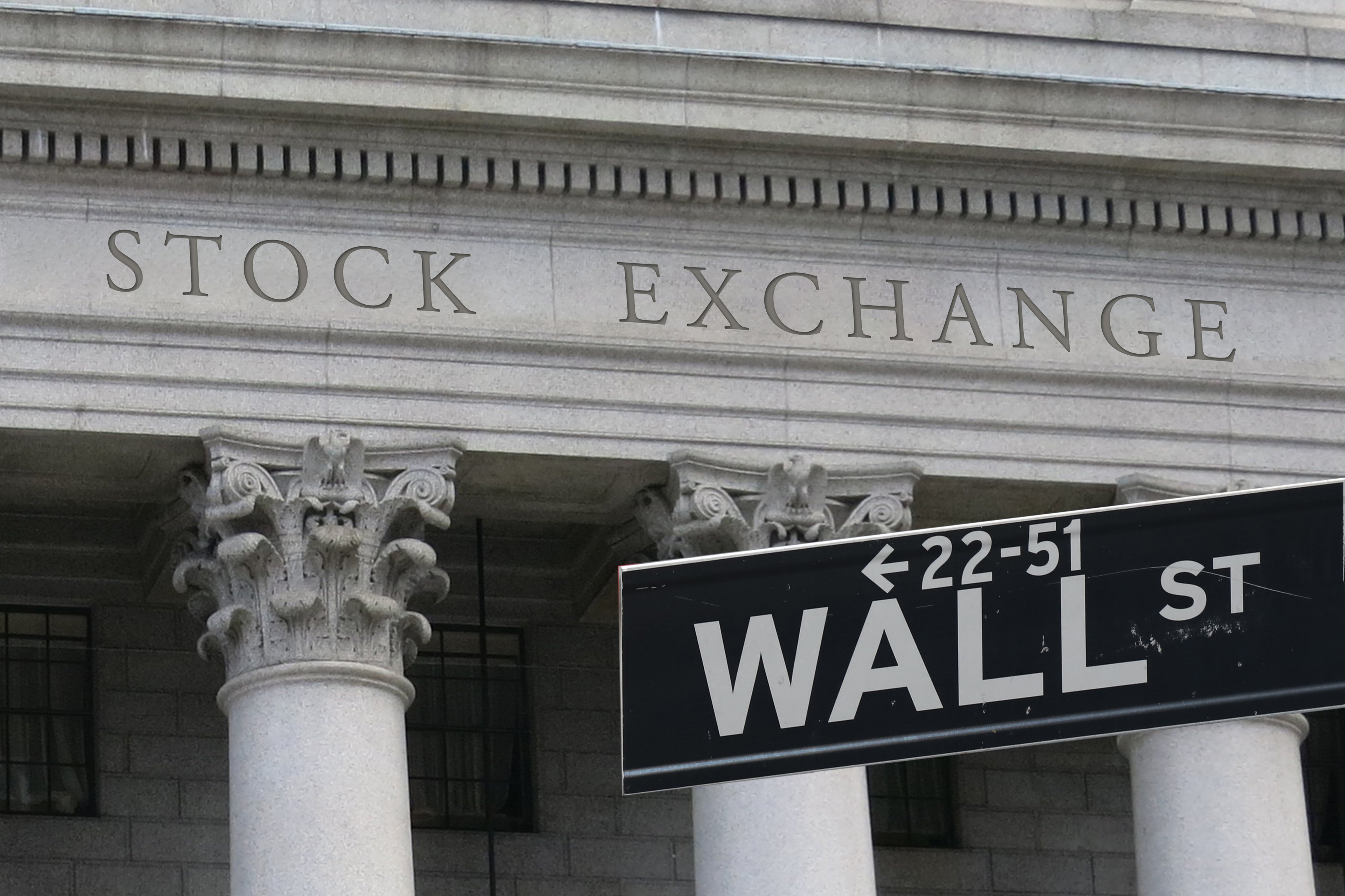Next time, there may not be a paper trail to follow.
"And I would have gotten away with it too, if it weren't for you meddling kids!" was the excuse uttered by every Scooby Doo villain. If you replace "you meddling kids" with "that darn paper trail," it could easily be the catchphrase for many of the financiers that have gone down in the wake of the financial crisis.
But if the developers of the app Confide have anything to do with it, that paper trail may not be there next time.
Confide 101

Snapchat; Photo by Author (screenshot)
It's a common sight today: A teenager taking a "selfie" with a peace sign and kissy-face, and then immediately sticking their nose back into their phone. Most likely, they were sending it to their friends via Snapchat.
The popular app allows users to send photos and videos to friends without the worry about a lasting impression floating around on the Internet since the content self-deletes after a few seconds. A new app targeting corporate users called Confide would allow similar messages -- well, likely sans kissy-face -- to be sent without leaving a data trail behind.
The developers, Jon Brod -- formerly of AOL -- and Howard Lerman -- CEO of location-services company Yext -- believe the app will allow candid discussions without proprietary information being exposed.
Users can send untraceable messages with higher security protocols than those provided by Snapchat. When receiving a message, users have to swipe across a series of boxes covering the message's characters to decode it. The boxes would then return after a brief period, making it nearly impossible to take a screenshot of the message.
The data is end-to-end encrypted -- the key to decrypt messages is only in the recipient's phone -- with no messages stored on the company's servers. This would make it impossible for the company to recall any messages if the National Security Agency (or Securities and Exchange Commission) came calling.
What is it they say about good intentions?
The premise behind Confide and other similar apps is simple: A company has a sensitive topic that needs to be discussed, but not shared. A paper trail can be harmful, should the wrong person see it.
There's nothing nefarious about the app in theory, and the developers state that any user of Confide would need to "exercise caution and proper judgement." But intentions and actions can be very, very different, and Wall Street firms have already had plenty of trouble controlling their employees' proper use of social media.
It's been less than a month since JPMorgan Chase (JPM +0.99%) and other banks banned their traders from instant messaging in multi-dealer chat rooms. With added scrutiny from regulators over various misdeeds including the LIBOR manipulation scandal, many of Wall Street's banks are looking to avoid further incidents.
Traders from more than half a dozen banks allegedly used instant messaging and emails to coordinate efforts to achieve a desired rate. The new social media app could allow such collusion to exist without any record.
Regulatory nightmare
Based on current regulations, companies have a huge burden when it comes to retaining electronic communications: They have to hand over copies of all emails and instant messages, up to 10 years old, if requested. Failing to keep proper records can result in a big fine, which Barclays (NYSE: BCS) just found out recently.
The London-based bank was fined $3.75 million for failing to keep the required records in the right format(!). Oh, and between Oct. 2008 and May 2010, the bank failed to keep a history of 3.3 million instant messages... whoops!
Mobile messaging and other personal-phone related communications remain a difficult spot for regulators, and the Confide app, or apps like it, would likely fall into that category. It's highly likely that pressure from regulators would cause financial firms to publicly disallow the use of the new apps, but any "private" use technically wouldn't be under their control.
You make a better door than a window
Of course, there's no way for regulators to force perfect transparency from the nation's banks, but the introduction of a new social media app that would allow trail-less communications between traders or other cooperating parties could lead to a deeper hole than the one our financial industry just climbed out of. There may be no impact whatsoever for the next few years, but time will tell whether the newest creations in the social media sphere really help or hurt our collective livelihood.







